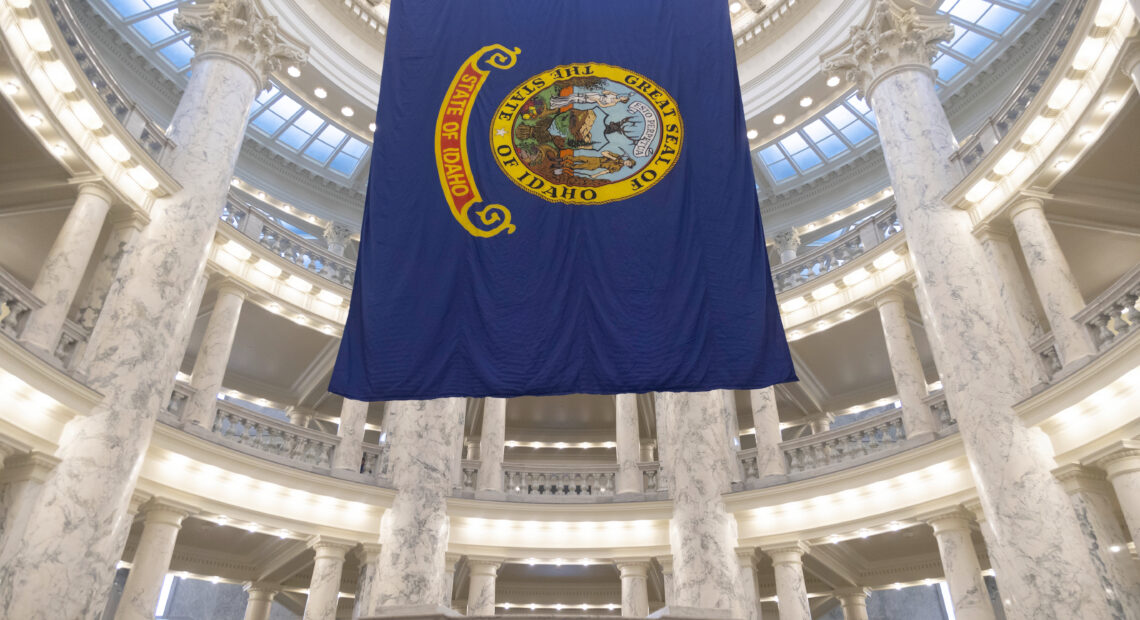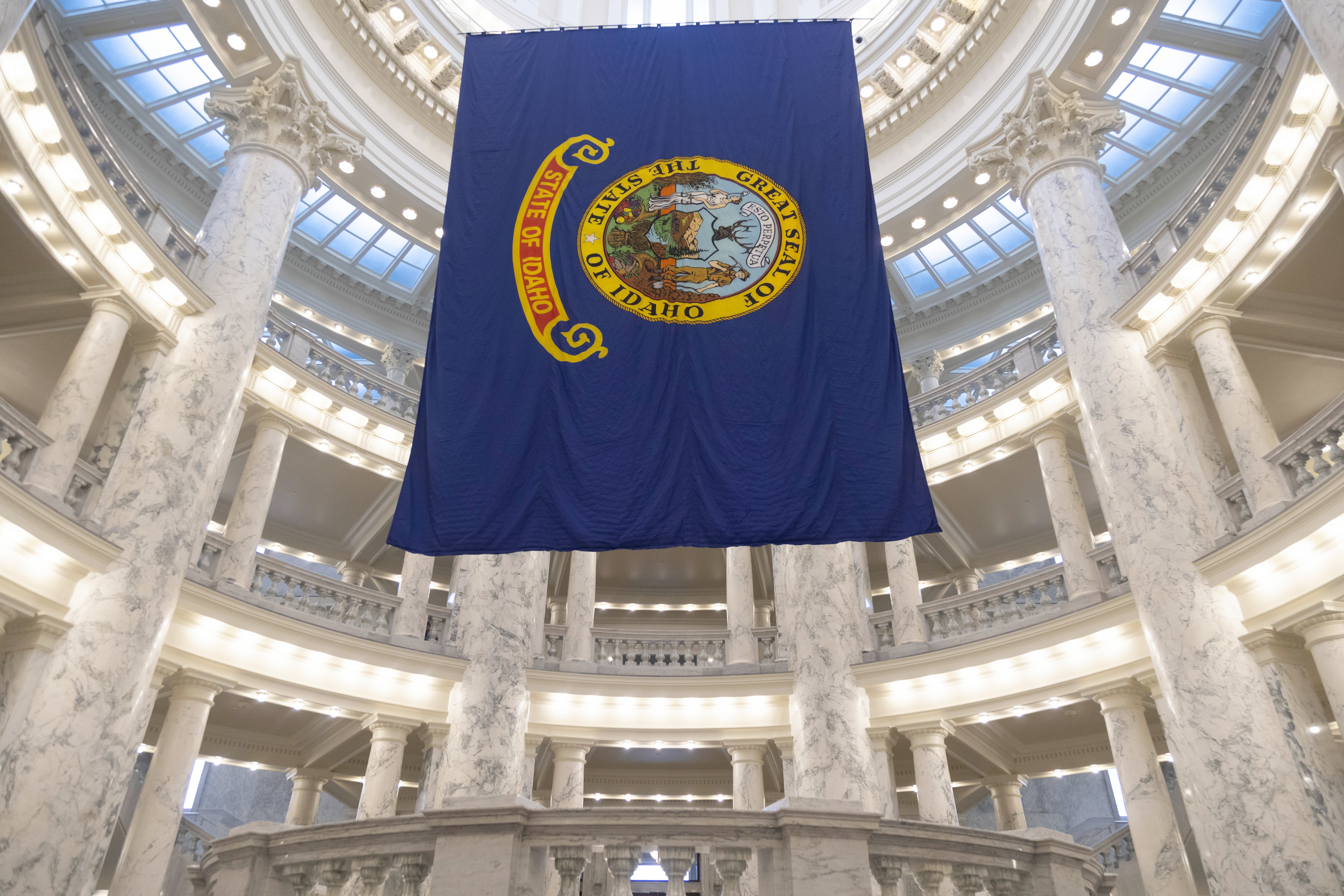
Idaho bills could bring Bible reading, Ten Commandments to public schools
Listen
(Runtime :59)
Read
New legislation could require the Bible to be read every morning in public school classrooms across Idaho. One of the bill’s goals is for schools to read the Bible in its entirety over 10 school years.
“This is about promoting Christianity to a captive audience of children,” said Annie Laurie Gaylor, co-founder and co-president of the Freedom From Religion Foundation.
The organization constantly monitors legislation nationwide for laws that might violate the separation of state and church, Gaylor said, often bringing lawsuits when legislation tries to blur the line.
“It is unconstitutional, and if it passes, we will sue over it,” Gaylor said.
Tying the bill into a lawsuit to get it before the U.S. Supreme Court might be the plan of the people who crafted the Bible bill, says Gaylor. That might be in the hopes that the conservative-leaning court could loosen restrictions on prayer and religion in public schools.
The Idaho Family Policy Center took credit for the bill, also known as the School-Sponsored Bible Reading Act, in a press release.
The IFPC is a ministry with goals to promote “God-honoring public policy” and “training statesmen,” according to their website.
“Our children and communities are starved for biblical truth and morality,” said Blaine Conzatti, the president of IFPC, via a press release earlier this month.
“Many of us do not get our morality from the Bible,” said Gaylor. She said the Bible includes mentions of people being dismembered, raped and murdered.
Ten Commandments in public schools
Another bill introduced this legislative session would require the Ten Commandments to be displayed at any educational institution that receives funds from the state of Idaho, which could also include universities. Both Bible bills were introduced by the Idaho’s House Education Committee.
The Freedom From Religion Foundation plans to file lawsuits against both bills if they are passed into law, Gaylor said.
Under the First Amendment, the establishment clause prohibits the government from favoring one religion over others.
“It’s very clear that the Supreme Court expressly addressed Bible reading in schools,” said Richard Seamon, a professor at the University of Idaho College of Law.
The most famous case is Abington School District v. Schempp, a Pennsylvania case from 1963 where the Supreme Court ruled that Bible reading in school violated the First Amendment.
But in the decades since that case, the court has changed its approach to interpreting the Establishment Clause, and is now focusing on history and tradition, Seamon said.
“If certain practices have been around long enough, they might be upheld, such as the recent cases, like the one involving the praying coach,” Seamon said, referencing a recent case where the Supreme Court ruled the First Amendment protects an individual’s religious observance.
The people sponsoring these new Bible bills are likely trying to set new precedent in light of the court changes, Seamon said, but it’s still a gamble.
“Realistically, the only reasonable scenario where the court might take it up, is if the lower courts are divided on these Bible bills, and I don’t see that happening,” Seamon said.
The Supreme Court has taken up a lot of religious liberty cases in the last few years, so it’s not entirely out of the question, he said.
None of the Idaho legislators contacted returned requests for comments.
















